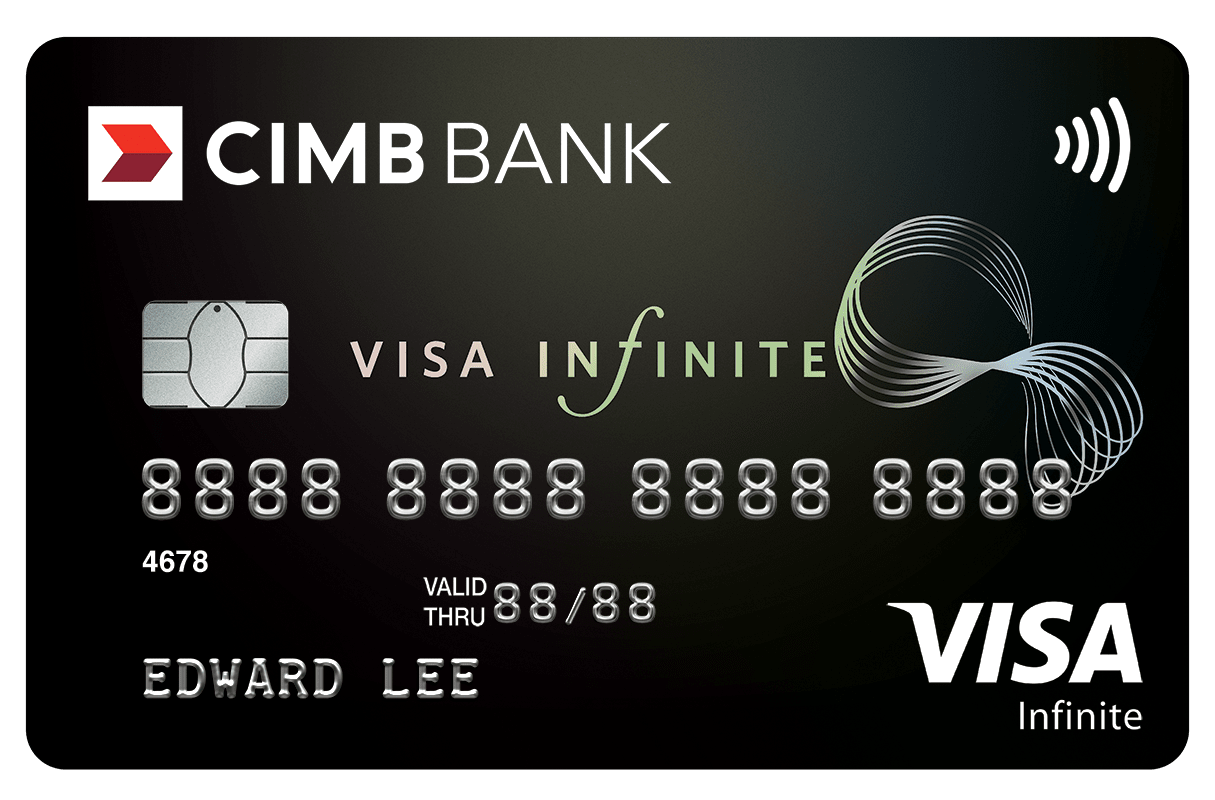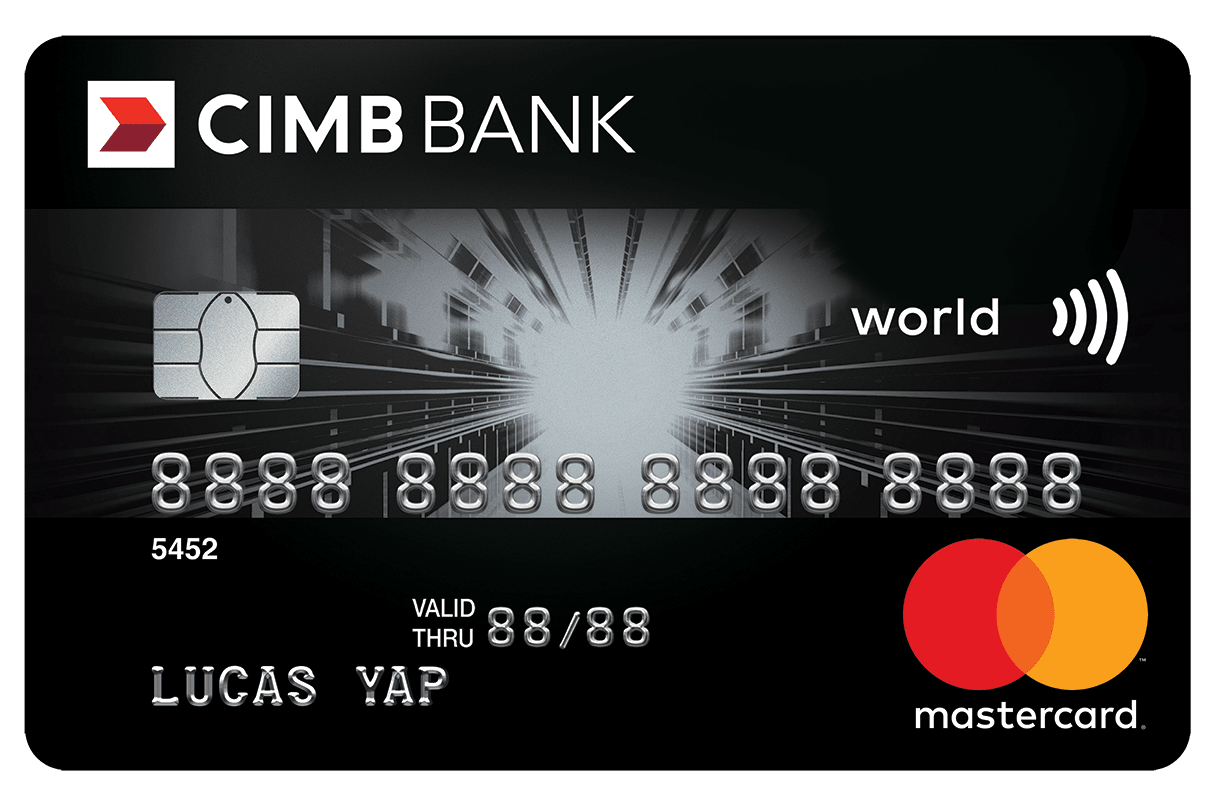
Credit card fees. We dislike them and want to avoid them, and it can get scary if they add up. One of the best things about credit cards is spending first and paying later. Sometimes we get trigger-happy, or card-happy, in swiping everything we forgot about fees, and we end up paying more than we expect.
So in this article, we will be going through annual, transactional, and miscellaneous fees and how you can maximise your savings by avoiding them altogether. We will also be showcasing a few credit card recommendations based in Singapore.
Compare The Best Credit Cards in SingaporeFind Out More
Processing Fee
The first fee that we will discuss is the credit card processing fee. This processing fee is a cut that the credit card issuer, a processing network and the merchant’s bank take to facilitate the transaction between you and the merchant; you have to pay this no matter what, as it is dependent on the purchase. This, unfortunately, is not counted as a credit card fee that we can reduce.

Foreign Exchange Fee
Some credit cards charge a foreign transaction fee when you purchase an item in a foreign currency. This includes buying an item online with foreign currency or even using your card overseas and paying for items charged in a foreign currency. This fee is typically around 1% to 3% of your spending. Some travel cards may skip this fee as part of their unique selling proposition.
Related: Guide to Foreign Transaction Fees From Overseas Credit Card Spending
Annual Fee
Having a credit card is a privilege, and in some cases, it can be viewed as a status symbol (especially if you are an AMEX user). Most providers will enact an annual fee to have this privilege of using a credit card, similar to a membership programme. Some credit cards come with perks and rewards, like free lounges in the airport or specific discounts for some high-end restaurants and hotels.
Another reason why credit cards have an annual fee is that credit cards allow you to revolve balances and pay off your purchase over time. However, in most cases, carrying a balance requires you to pay interest charges.
So how do you deal with annual fees for credit cards since they tend to be the most expensive fixed cost for it? There are three options: Get a credit card with absolutely no annual fees, find a credit card with annual fee waivers under suitable conditions, or consider if your benefit of using the card (rewards programme; membership-only perks) is worth the expensive annual fee.
Examples of Credit Cards with no Annual Fees
CIMB Visa Infinite
CIMB Visa Infinite Credit Card is a great fit for travellers who spend a lot overseas.

Pros
- Best fit for monthly budgets above S$2,000
- Unlimited 2% cashback on travel, overseas and online
- No annual fee credit card
Cons
- Lack cashback on essentials (ie groceries, bills)
- Doesn't reward airline & hotel spend
- Not a good fit for low-spenders
CIMB Visa Signature
With CIMB Visa Signature Card, you can earn 10% cashback on online retail, beauty, pet shops, groceries, and cruise line transactions.

Pros
- Rewards online shopping, groceries and beauty spend
- Rewards pet spend and cruises
- No annual fee credit card
Cons
- Lacks discounts on transport & petrol
- Doesn't fit frequent travellers
- 10% cashback is capped at S$100 per statement month
CIMB World Mastercard
CIMB Word MasterCard is one of the highest unlimited cashback cards on the market.

Pros
- Enjoy 2% unlimited cashback on eligible merchant categories and 1% unlimited cashback on other spend
- Benefits highly diversified spending
Cons
- Minimum spend of $1,000 to enjoy the upsized 2% cashback on eligible merchants
- Travel, dining out and petrol spend are not eligible for upsized cashback
CIMB credit cards are a rare diamonds in the sea of credit cards. All of the above CIMB credit cards do not charge an annual fee. This is a straight forward way to maximise your savings when using a credit card.
While there are many other credit cards with annual fee waivers, with the above CIMB credit cards, you have the peace of mind that there are no hoops for you to jump through to not get charged an annual fee.
Annual Percentage Rate (APR)
The interest rate you have to pay for borrowing money on your credit card is the Annual Percentage Rate (APR). For more information about APR, click here.
APRs are a little more complicated, and the accumulation of interest over time can be extremely subtle but problematic when it is obvious.
You can transfer your balance to a 0% APR credit card to curb high APR. Do note that some cards will charge a 3-5% balance transfer fee, so choose your credit card wisely when balancing transfer fees and length of time for 0% APR.

Late Payment Fee
Credit card companies love to punish people who do not pay their balances on time. Even if your credit card does not have an explicit late fee stated on their terms and conditions, some cards will charge you a penalty APR, typically higher than your card’s current variable APR. This penalty APR may last for months until you’ve made consistent on-time payments or indefinitely.
Penalty APR will make your credit card debt even more expensive, costing you even more than a late fee would.
To prevent having a late penalty, do pay your bills on time. Either via automatic payments or by being aware of your expenses via budgeting habits.
Related: Why You Should Avoid the Monthly Minimum Credit Card Payment Trap
Conclusion
Now that you are more aware of credit card fees and how to deal with them, you can maximise your credit card to fit your budget and needs.
If you would like to compare more credit card offerings, check out our credit card results page to learn more!
Compare The Best Credit Cards in SingaporeFind Out More
Read More:
- Everything You Need to Know About Credit Card Cash Advance
- Does Your Teenager Really Need a Credit Card?
- 6 Ways to Protect Yourself From Credit Card Fraud
- How to Use a Credit Card: Best Practices Explained
- 6 Ways You Can Supercharge Your Credit Card Rewards
Cover image source: Unsplash

This content is for informational purposes only, you should not construe any such information or other material as legal, tax, investment, financial, or other advice. Nothing contained on our Site constitutes a solicitation, recommendation or endorsement by AMTD PolicyPal Group in this or in any other jurisdiction in which such solicitation or offer would be unlawful under the securities laws of such jurisdiction.
This advertisement has not been reviewed by the Monetary Authority of Singapore.
Under AMTD Digital, AMTD PolicyPal Group consists of PolicyPal Pte. Ltd., Baoxianbaobao Pte. Ltd., PolicyPal Tech Pte. Ltd., and ValueChampion.

